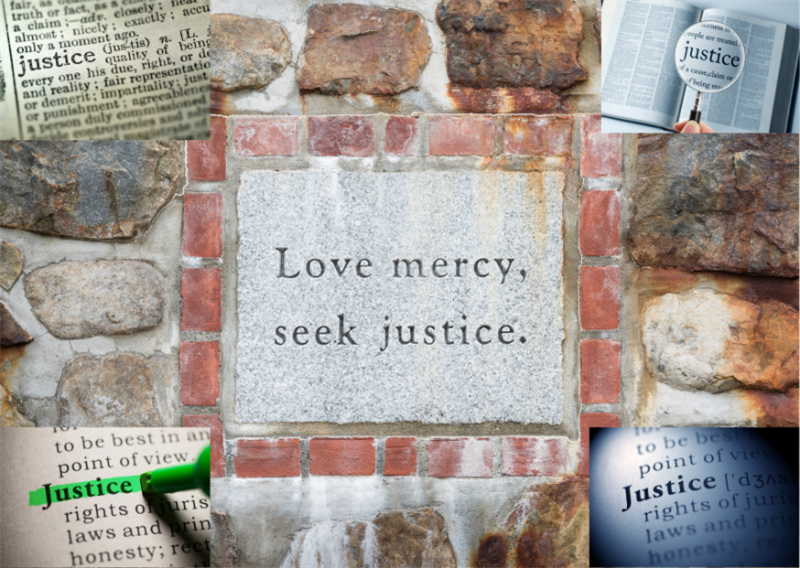6th October 2024

The Book of Amos: Justice and the Love of God
This Sunday, we begin a series of sermons from the book of Amos, focusing on the theme of God's justice. Amos is a deeply challenging, violent book and the God who speaks through its pages appears on the face of it to be violent, angry and vengeful, demanding punishment.
When faced with a challenging portion of scripture, we are tempted to gloss over it but, as the Old Testament tutor at college used to say, in fact, it is these passages we need to read all the more carefully. We need to read them conscious both of what God was saying in the time the book was written and of what God may be saying to us today.
Here in the comfortable west, we tend to be uncomfortable with the notion of the God of justice. Perhaps this is because justice involves judgement. We find it easier to focus on God as the God of love. But what if we were living in less comfortable circumstances? What if we were living in Gaza, or Lebanon, or Ukraine, or Sudan? How would God's love mean anything to us if it were not accompanied by justice?
In the Bible, God's justice is actually mentioned more times (over 400) than God's love (around 360). God is repeatedly described in the Old Testament as a just God - unlike the capricious deities of Israel's surrounding nations - who is particularly concerned to see justice for those most likely to be oppressed, widows, the orphan, the foreigner. The Law of Moses is an attempt, in its own social context, to work out God's justice in practice, and the people are repeatedly called to obey that Law.
They fail. Repeatedly. And this is where the book of Amos comes in. Amos begins with God's word to the surrounding nations - a warning of harsh and violent punishment to come because of their unjust dealings with Israel. We can almost imagine the joy and delight of his hearers, listening as their enemies are lambasted by the prophet. Then, suddenly, the mood changes, and Israel herself comes under judgement. The unjust behaviours lambasted when they take place in other nations are also happening in Israel, among God's own people. And, warns Amos, unless the people repent and change their ways, they too will see punishment. The heart of this book is the call to "let justice roll down like waters, and righteousness like an ever-flowing stream." (Amos 5:24)
Justice, it has been said, is the public face of love. Justice is God's love worked out in the public square. As people who belong to a just God, we, like the people of Israel are called to be concerned with God's justice - indeed, the fourth mark of mission of the Anglican Communion is about transforming unjust structures of society.
God is love. And God is just. On the cross, God's love and God's justice met in God's Son, crucified for us. The cross reminds us of both the cost and the victory of God's justice. And we, the cross-shaped people of God, are called, as Amos was called, to be a people who work for justice in the world today.
